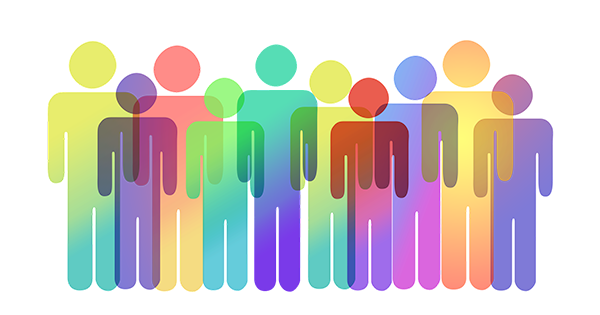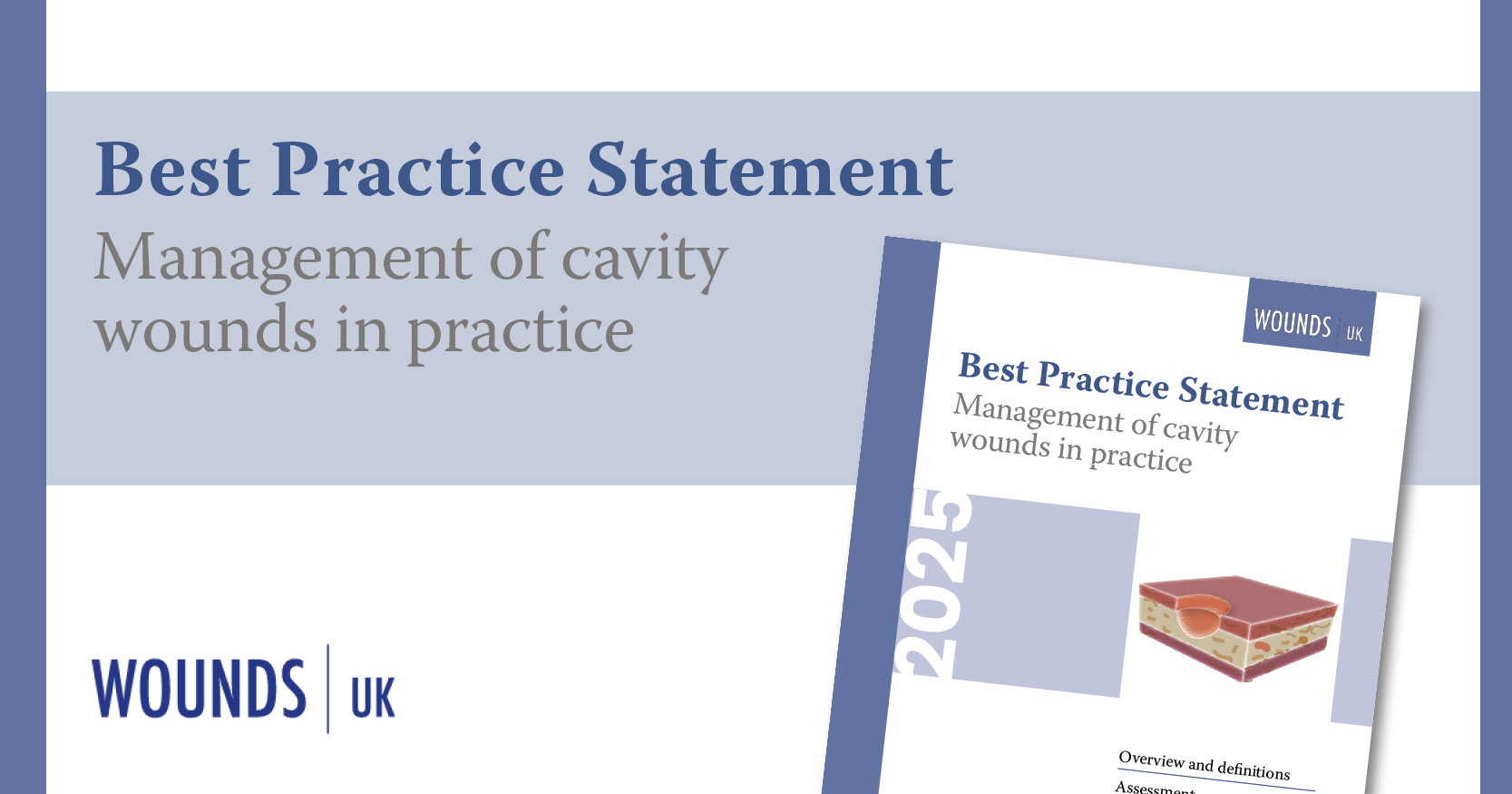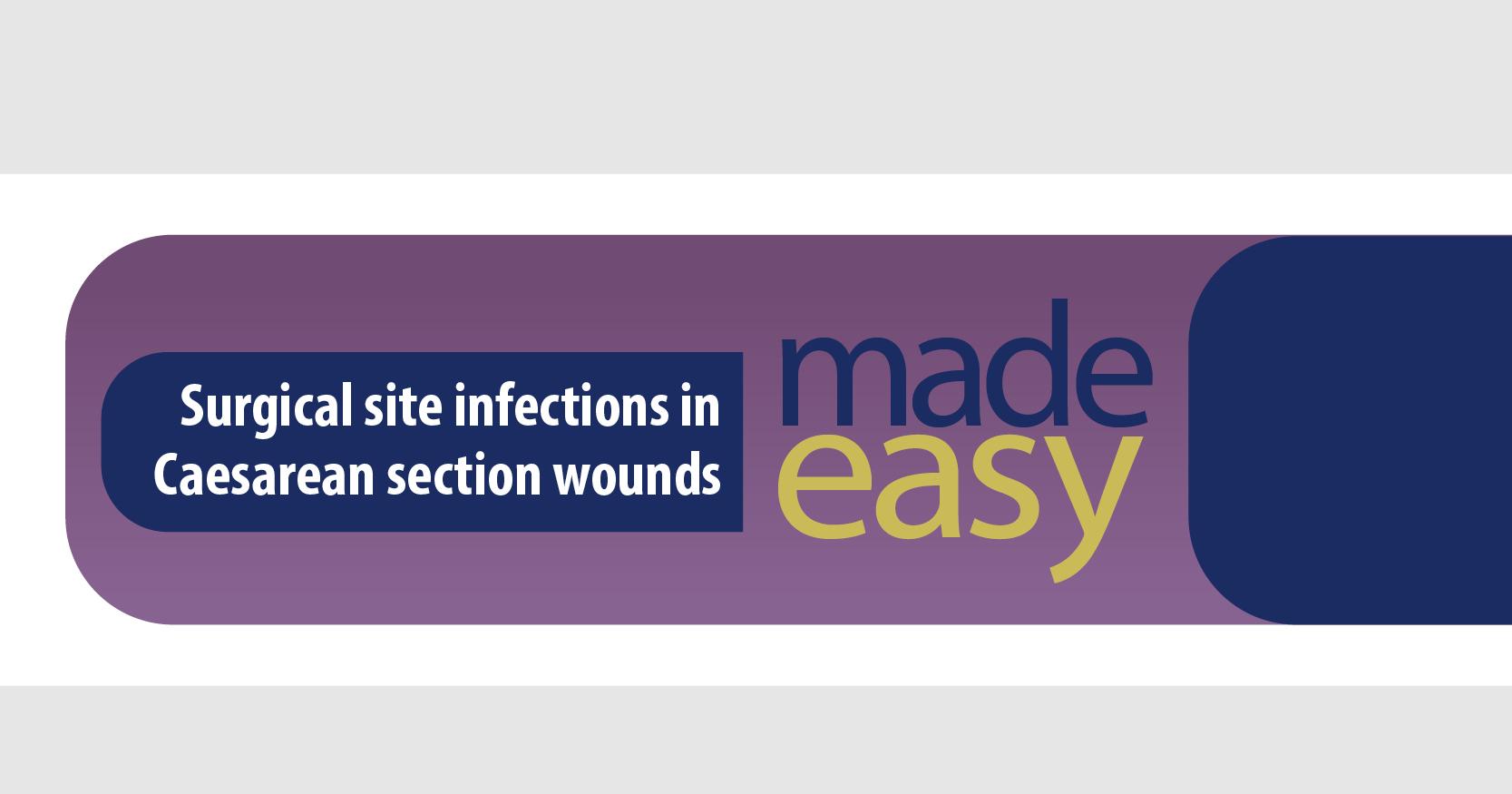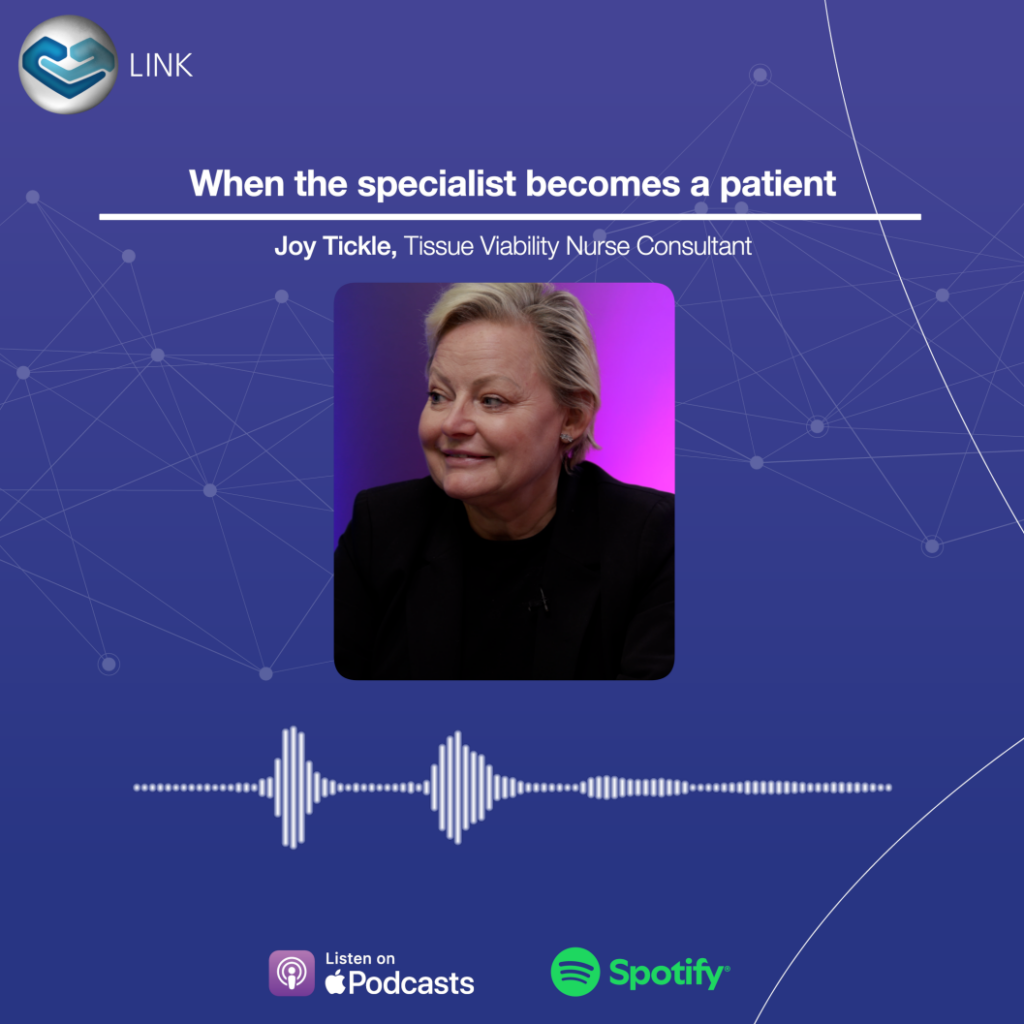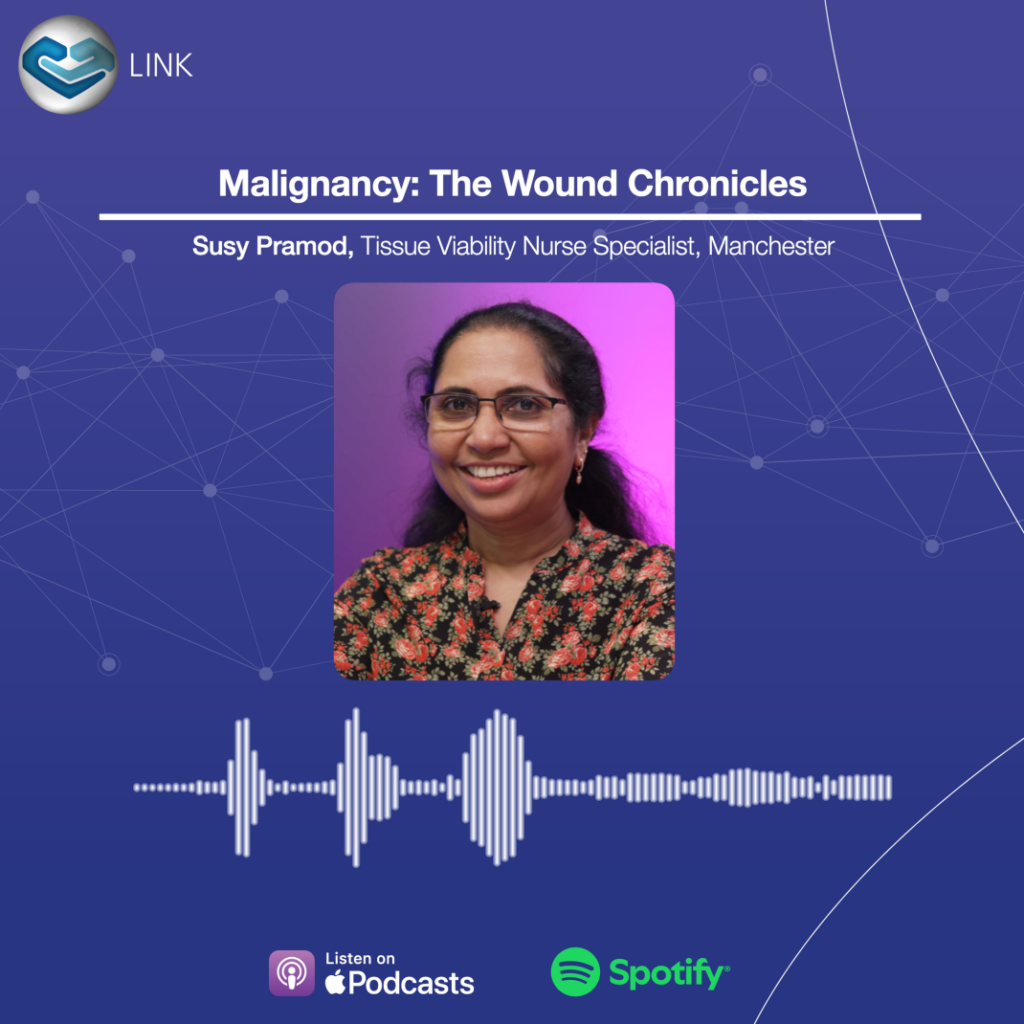In 2021, I wrote an editorial which examined the ‘Language of non-healing wounds’ (Holloway, 2021). In that, I discussed the use of the term ‘chronic’ when referring to wounds and asked readers to reflect on the words we use and how this may impact individuals with wounds. Three years on I’ve been reflecting on whether our language has changed as I still commonly see ‘diabetic’, non-compliant’ and ‘suffering from …’ These terms (and others) can be stigmatising and are not reflective of a person-centred approach. Therefore, I wanted to return to this topic to provide some examples of language labels and offer suggestions of how we can improve understanding to facilitate change.
Stigmatising language in healthcare can significantly impact individuals. For example, when subjected to stigmatising language, individuals may feel judged and ashamed. This can create barriers to open communication with the healthcare team, leading to delays in treatment, non-adherence to medication, and ultimately poorer health outcomes (Healey et al, 2022). Stigmatising language can also breakdown trust between individuals and healthcare professionals. When individuals perceive judgment or bias, they may hesitate to seek care or fully engage in their treatment plans (Volkow et al, 2021). So, our choice of language matters—it can either foster trust and understanding or hinder patients’ wellbeing (Healey et al, 2022).
Some examples of stigmatising language in healthcare that we should avoid are shown in Box 1.
Educating others about stigmatising language is crucial for promoting understanding and empathy. Some simple measures we can all use includes using person-first language and respectful terms in your own communication. Raise awareness by sharing information about stigmatizing language with friends, family, and colleagues. Discussing or ‘calling out’ real-life scenarios / situations where stigmatizing language has been used and reflecting on how this can harm individuals may also be helpful. Of course, this needs to be done respectfully and needs to be handled carefully to avoid causing conflict and upset.
We can all be an advocate for change, for example as a peer reviewer for several journals I have become more cognisant of the importance of inclusive and person-centred and provide feedback and suggestions for how authors can reduce stigmatising language. I am hoping that my approach will lead to changes and that we will see a more inclusive narrative in the future. So perhaps become more mindful of the language (verbal and written) of healthcare and consider, are we being inclusive and respectful and are we avoiding stigma/labelling?

